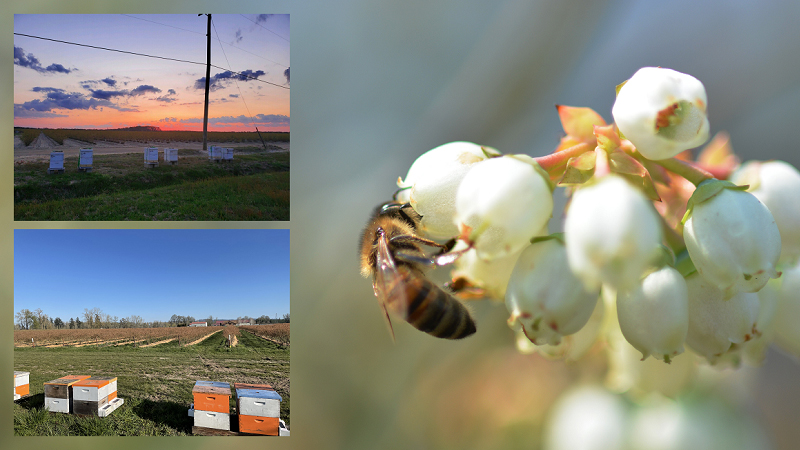Biocontrol For Citrus Psyllid Under Study
Researchers at UF/IFAS’s Indian River Research and Education Center are investigating a fungus that someday could be used in the fight against psyllids.
Drs. Pasco Avery and Charles Powell have been testing a biological compound that has been used by greenhouse growers for years to control whiteflies. The product is a microbial insecticide called PFR-97 (Isaria fumosorosea =Paecilomyces fumosoroseus, Certis USA), and it has been shown to infect psyllids in laboratory and preliminary field tests. The active ingredient is a naturally occurring fungus, which spreads among the pests after application.
According to Avery, the product has gone through quite a bit of testing already in process of receiving earlier EPA registration, but it is not currently registered for use in citrus. Certis USA hopes for registration in time for the coming citrus season.
“The fungus itself has gone through quite a few tests before it was ever registered as PFR-97,” he says. “It was originally isolated by Dr. Lance Osborne at the Mid-Florida Research and Education Center in Apopka for whitefly control in greenhouses.”
Avery adds the product has been tested and shown to be fairly benign on beneficials, and it has been shown to kill a wide variety of other citrus pests beyond just the psyllid.
Test Results
According to Certis, the product is most effective when applied before or at the first sign of insect presence. Because it is a biological control, efficacy occurs over several days, making initiation of control before infestation important.
Avery says early research data shows some control of psyllids with PFR-97. A preliminary field study in Midsweet orange trees showed, after applying PFR-97, 33% of psyllid eggs collected after 21 days post-spray were infected; 17% to 29% of nymphs on flush were infected seven to 21 days post-spray.
“The fungus gets inside the psyllid and will kill the insect within 48 to 96 hours,” says Avery. “In the lab, we found that even if we only spray the leaf, the psyllids will get infected and die within a few days.”
The scientists are also doing research now to determine how much feeding the psyllids are doing after becoming infected.
Application Timing
Avery suggests that PFR-97 may be one of many sprays that growers utilize to manage the psyllid. They are planning larger field studies after EPA registration to determine optimal application timing. Those recommendations will be included in the Florida Citrus Pest Management Guide, when and if the product is recommended.
He adds the product works well in a mix with citrus peel and field-spray oils. Also, lab tests indicate that the product infectivity against the psyllid still remains active after being sprayed on leaves with a copper residue. The use of copper in a tank mix with the product still needs to be tested under field conditions.










